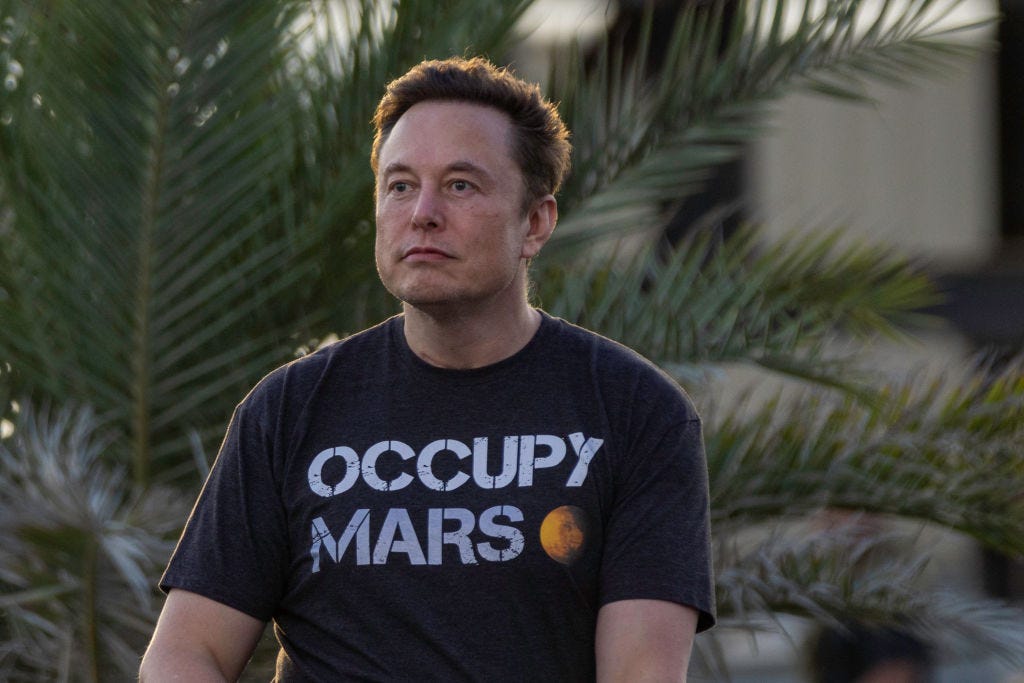This newsletter has written a lot about so-called “climate billionaires”—billionaires who claim to be doing a lot for the climate. But we’ve never said much about Elon Musk.
The richest man on Planet Earth is revered by some of our readers. In a recent comment, a subscriber ca…



